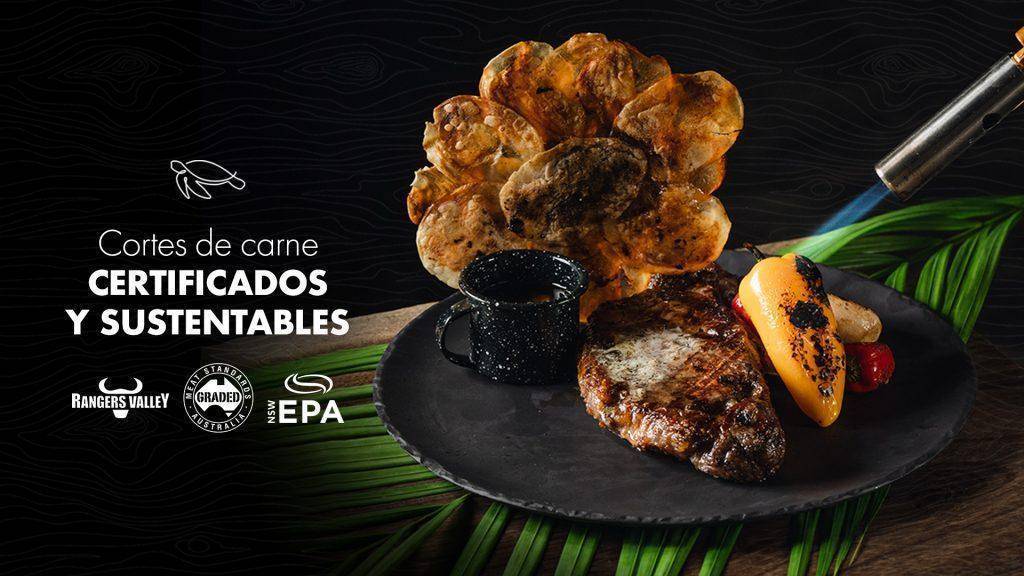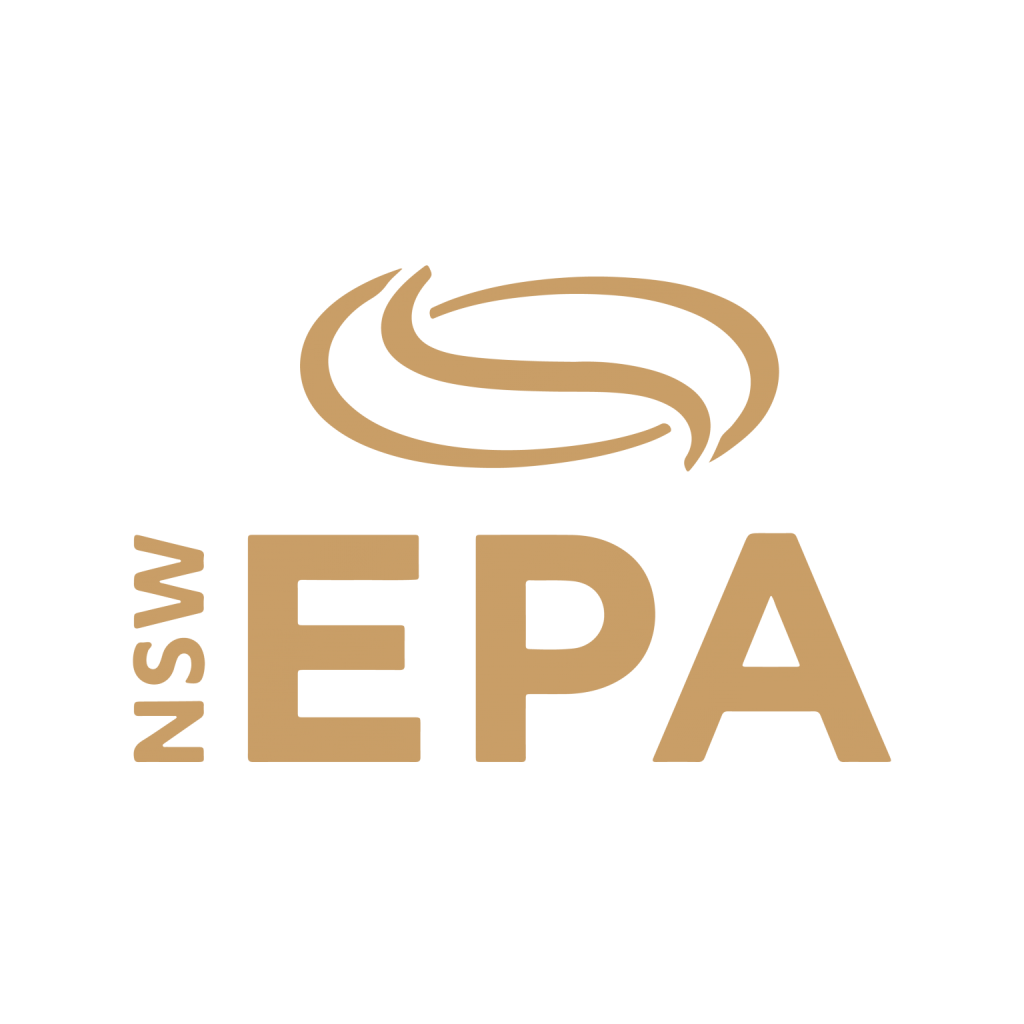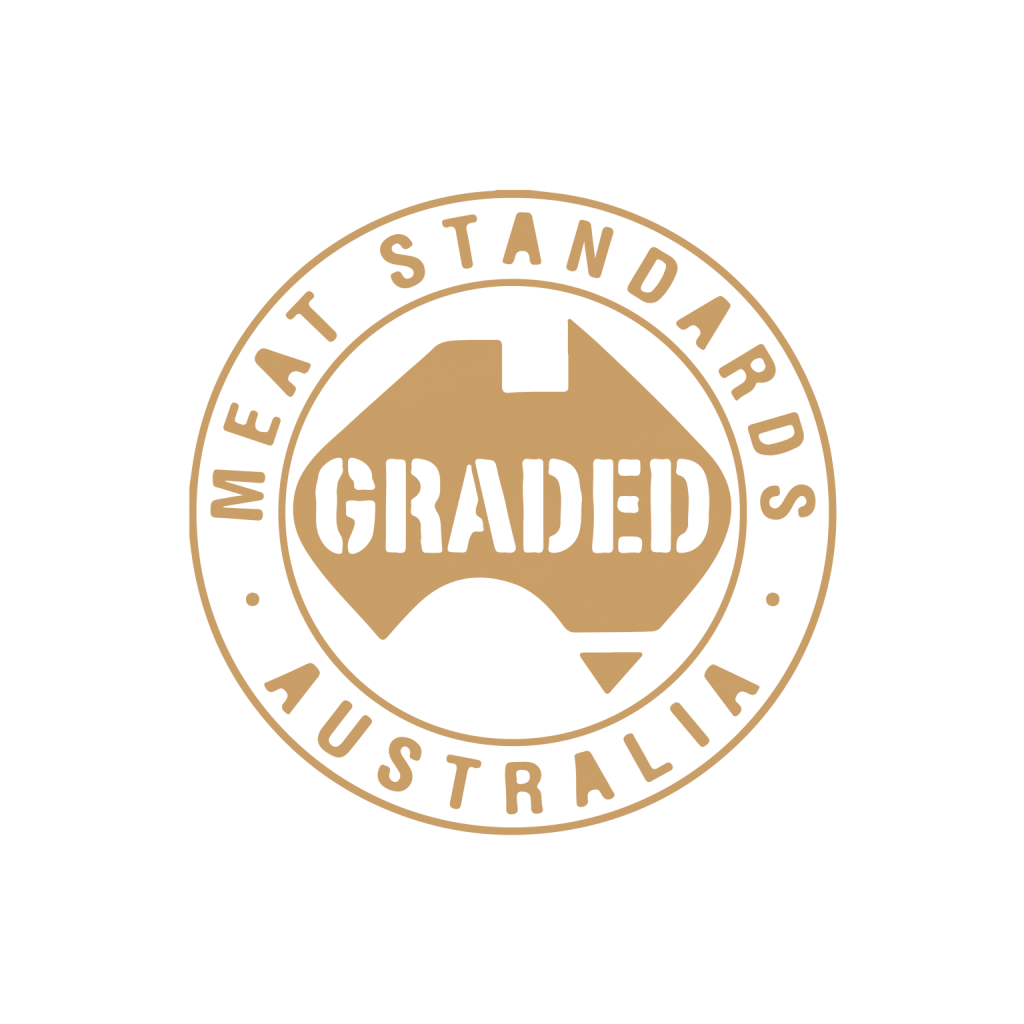Did you know that our meat is certified and sustainable? Yes, the cuts of meat included in our menu are produced on organic farms. At Tulum Cervecería Artesanal we have a commitment to mother earth to guarantee a sustainable future, integrating sustainable cuisine within the fine dining concept.
For several decades, livestock farming has positioned itself as one of the most harmful processes for the environment; however, our producers have created a model of sustainable livestock, in a socially responsible environment for the consumption of sustainable meat.
By visiting Tulum Cervecería Artesanal, you can ensure that our restaurant has all the seals and certifications that guarantee food of the highest quality, created from its origin in a conscious and alternative environment, so as not to generate a greater environmental impact.
WHAT IS CERTIFIED AND SUSTAINABLE MEAT?
The Global Roundtable for Sustainable Beef (GRSB) defines sustainable meat as a socially responsible product, in an environmentally sound and economically viable way that prioritizes the planet, people, animals and progress.
A large percentage of sustainable meat production takes place in natural meadows and pastures, allowing the maintenance of carbon and water in the soil, with the aim of conserving organic matter and maintaining the biodiversity of the ecosystem.
WHAT IS CERTIFIED AND SUSTAINABLE MEAT?
The first thing to take into account is that sustainable foods are those whose mode of production and consumption does not harm the environment.
Therefore, a sustainable food includes all those organic or agroecological foods; that is to say, that its production method was free of chemicals or pesticides. In addition, they must be seasonal foods, normally produced near the place of purchase, since their transport requires less energy.
It should be noted that this food model aims to address the health and environmental concerns associated with its production and consumption. To do this, in addition to guaranteeing people’s health, it seeks to promote responsible production and consumption, generates a reduced environmental impact, fights against climate change, respects culture, biodiversity and protects terrestrial ecosystems and underwater life.
SEALS AND FEATURES



